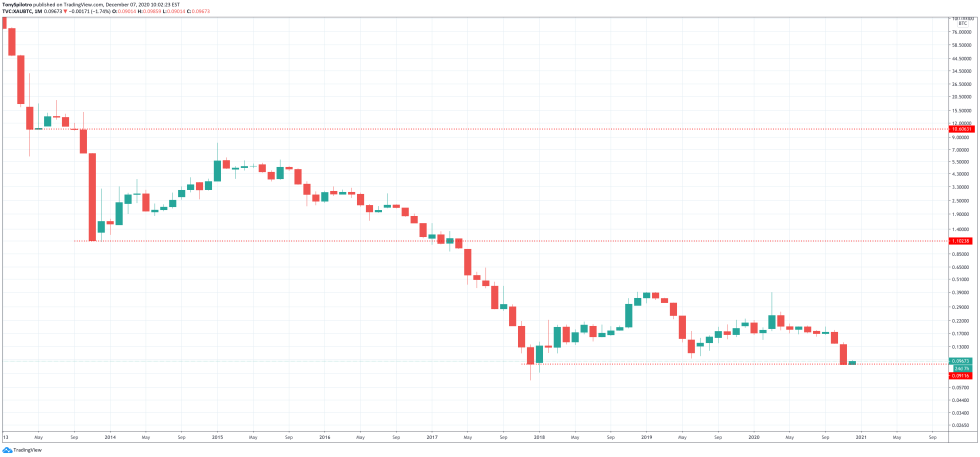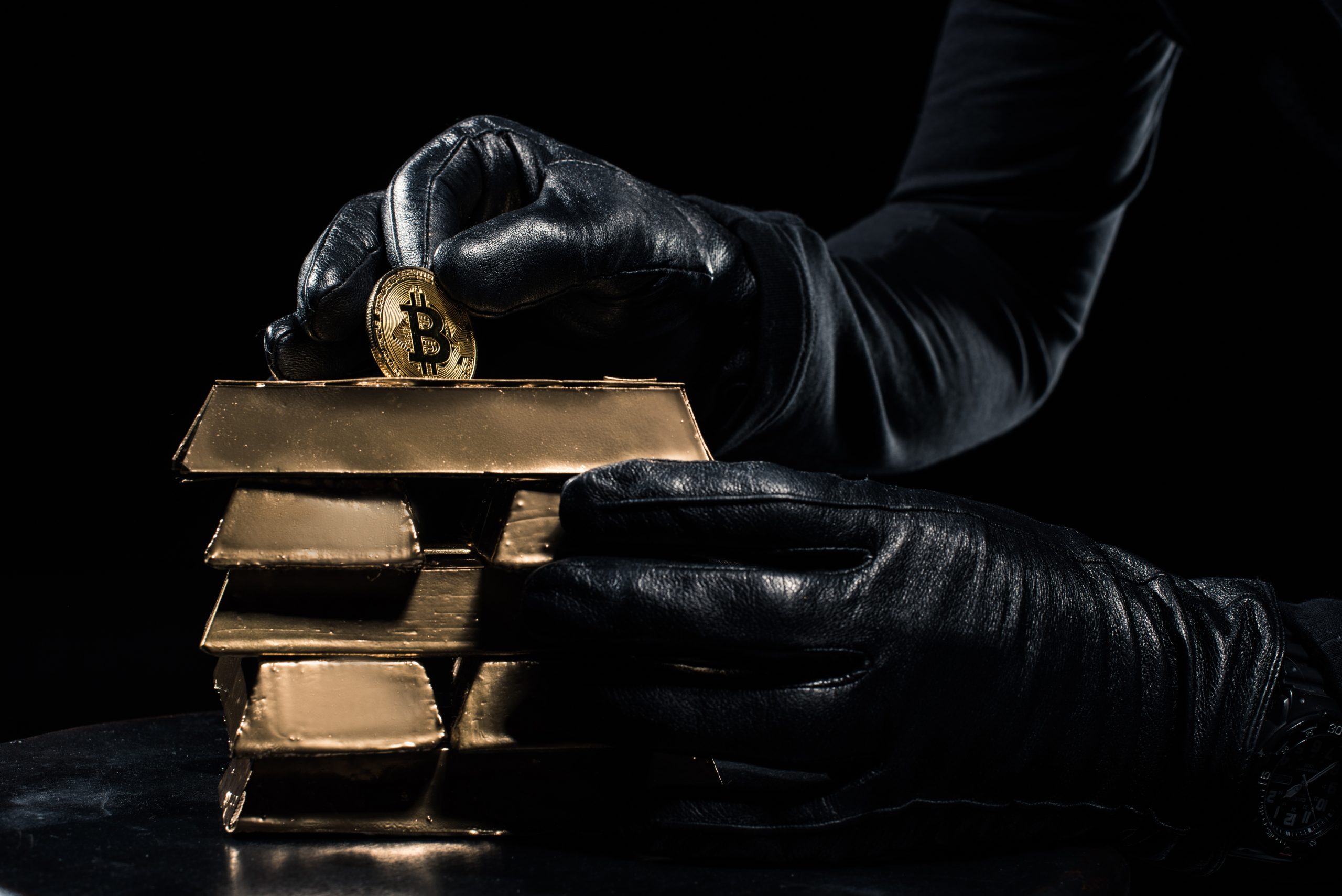
A new survey from one of the world’s leading financial advisory firms, advising on over $10 billion in client capital, claims that two-thirds of its millennial customers far prefer Bitcoin over precious metals as the ideal safe haven asset.
And in 2020 as the world goes almost entirely digital, millennials are being proven right. Gold fund flows are pouring into crypto, and the difference in ROI is substantial. Here’s why this trend is only going to continue, as the most dominant demographic begins to take over the world’s wealth, and with it, the power to influence future outcomes.
deVere Survey: Two-Thirds Of Millennials Feel Safer With Bitcoin Over Precious Metals
Millennials grew up alongside the internet, watched the stock market and economy collapse around The Great Recession, and have in general had it a lot more difficult than the Boomer generation before them.
But because of all of these factors, the millennial generation and demographic has adapted the easiest to today’s changes. They are fluent with digital technology, comfortable working remotely, able to stay interconnected with family and friends through social media, and more. They are also benefitting the most from the shifting economic situation, by primarily being interested in Bitcoin over the likes of stocks, or gold.
RELATED READING | BITCOIN ABSORBING GOLD’S MARKET CAP LEADS TO RECORD ONE-WEEK FUND OUTFLOWS
In the past, comparisons were drawn where the generation of investors born in the early-’80s through the mid-’90s preferred crypto over stocks, but the latest study from financial advisory firm deVere Group reveals they also prefer Bitcoin over gold, two to one.
That’s not to say that millennials are opposed to gold, but that they see the benefit in a digital version of the precious metal far more useful, and therefore valuable.

Gold is losing a support level that could resulting another 90% drop against Bitcoin | Source: XAUBTC on TradingView.com
How Digital Gold Could Replace The World’s Oldest Monetary Standard
The precious metal has long been the “gold standard” when it comes to monetary policy. Throughout history, it has been used as a currency, safe haven asset, hedge against inflation, and much more. It is used in electronics that are required to run Bitcoin and has been worn over the ages as jewelry – a hallmark of wealth.
But there are downsides that only digital gold can address. Gold is commonly counterfeited and can be confiscated. Bitcoin’s distributed ledger ensures it cannot be duplicated or reproduced, and because it exists outside of a central authority and in cyberspace, it is outside of the reach of the law, thieves, and more.
RELATED READING | GOLD BEGINS BREAKDOWN AGAINST BITCOIN, TRIGGERING 90% DECLINE ON PER OZ BASIS
Gold cannot be stored or moved easily, which is paramount to the coming all-digital, decentralized future. A recent example where the Dutch central bank moved tonnes of gold only kilometers away, cost a near fortune to coordinate with an armed convoy to protect the exposed monetary instrument.
Bitcoin is never exposed, and moving it would take nearly zero effort, planning, and only a fraction of the cost.
So while Boomers might have trouble wrapping their heads around digital gold, cryptography, and blockchain, the benefits are what millennials are drawn to, and with that age group taking over the workforce and the world’s wealth, their vote toward Bitcoin will count the most.
Featured image from Deposit Photos, Charts from TradingView.com


















